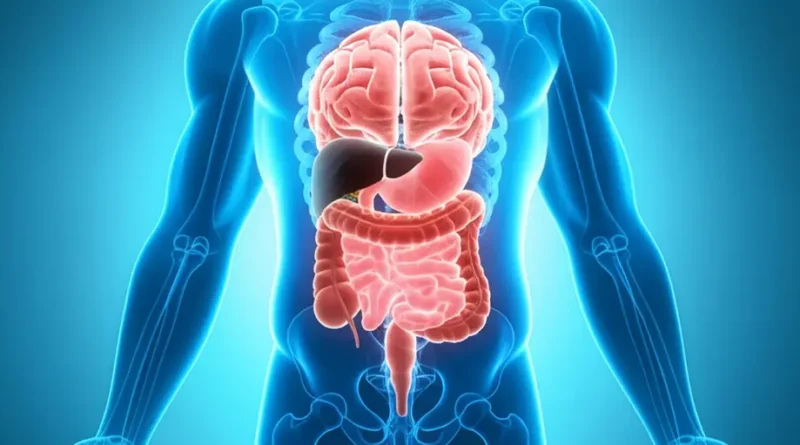The Gut-Brain Axis: How Your Stomach Affects Your Mood
The relationship between our gut health and mental well-being is a fascinating and rapidly developing field of research. The gut-brain axis refers to the complex communication network linking the gastrointestinal tract to the brain, and it plays a crucial role in regulating mood, emotions, and cognitive functions. Understanding this connection can offer new insights into how we manage stress, anxiety, depression, and other mental health conditions.
Often described as our ‘second brain,’ the gut houses trillions of microorganisms, collectively known as the gut microbiome. These microbes not only aid digestion and nutrient absorption, but they also produce neurotransmitters and metabolites that influence brain function. Indeed, about 90% of the body’s serotonin—often referred to as the “feel-good” hormone—resides in the gut. This intricate interplay between the gut and the brain underscores the significance of maintaining a healthy gut microbiome for overall mental health.
Understanding the Gut-Brain Communication
The gut-brain axis operates in multiple ways, utilizing hormonal, immune, and neural pathways to communicate between the intestines and the brain. The vagus nerve, one of the longest nerves in the body, is a key player in this dialogue. It serves as a direct line connecting the gut and brain, transmitting signals that can influence our mood and behavior.
Moreover, the immune system also plays a crucial role. The gut microbiota can modulate immune responses, which, in turn, affects neurological conditions. Dysbiosis, or an imbalance in gut bacteria, can lead to chronic inflammation, which has been tied to mood disorders and cognitive impairments.
The Role of Diet in the Gut-Brain Axis
What we eat significantly impacts our gut microbiome, and consequently, our mood. Diets rich in processed foods, sugars, and unhealthy fats can lead to dysbiosis and subsequently affect mood through the gut-brain axis. On the other hand, a diet high in fiber-rich foods, lean proteins, and healthy fats can promote a diverse and balanced gut microbiota.
Probiotics and Prebiotics
Probiotics, which are live beneficial bacteria, and prebiotics, which are food for these bacteria, play a vital role in gut health. They can help restore the balance of gut microbiota and improve digestion. Some studies suggest that probiotics may help alleviate symptoms of anxiety and depression, highlighting the importance of gut health for mental wellness. Foods like yogurt, kefir, sauerkraut, and fibrous vegetables are excellent sources of probiotics and prebiotics that can positively influence mood.
Stress and the Gut
Interestingly, stress can also affect our gut health. The brain’s stress response can alter gut permeability, leading to a condition known as “leaky gut.” This can further exacerbate inflammation and create a cycle of mood disturbances. Practicing stress management techniques such as mindfulness, yoga, and regular physical activity can help improve both gut health and mood, demonstrating the interconnectedness of these systems.
The Impact of Sleep
Sleep is another crucial factor that links the gut and brain. Poor sleep quality can influence gut microbiota diversity, while a healthy gut can promote better sleep patterns. Insufficient sleep has been associated with irritability and an increased risk of mood disorders, so developing good sleep hygiene is important for both mental and gut health.
Taking Steps to Improve Your Gut-Brain Health
To optimize your gut-brain health and improve mood, consider integrating the following practices:
- Eat a balanced diet: Prioritize whole foods, including fruits, vegetables, whole grains, lean proteins, and healthy fats.
- Stay hydrated: Drink plenty of water and limit sugary beverages, as hydration is essential for digestive processes.
- Incorporate fermented foods: Add foods like yogurt, kimchi, and kombucha to your diet to enhance gut health.
- Manage stress: Engage in stress-reducing activities such as meditation, yoga, or simply walking in nature.
- Ensure quality sleep: Aim for 7-9 hours of restful sleep each night by creating a relaxing bedtime routine.
By understanding and harnessing the power of the gut-brain axis, we can take proactive steps toward better emotional and mental health. The relationship between our stomach and mind is profound, indicating that small adjustments in our dietary habits and lifestyle choices can lead to significant improvements in our overall well-being.

